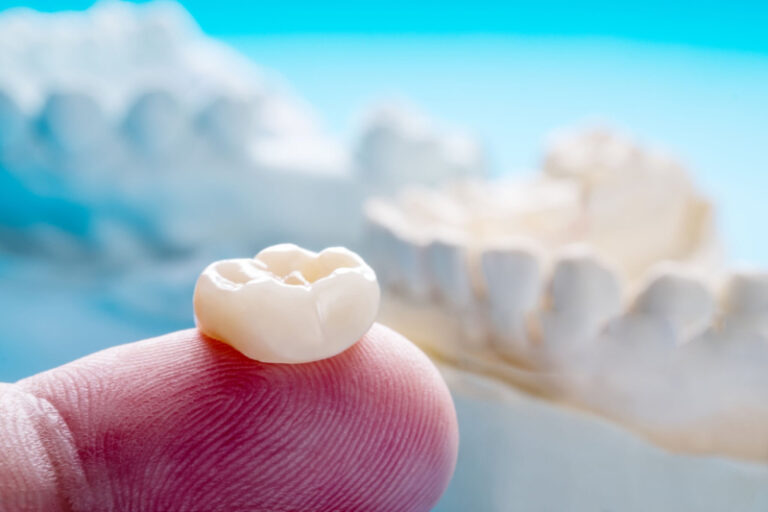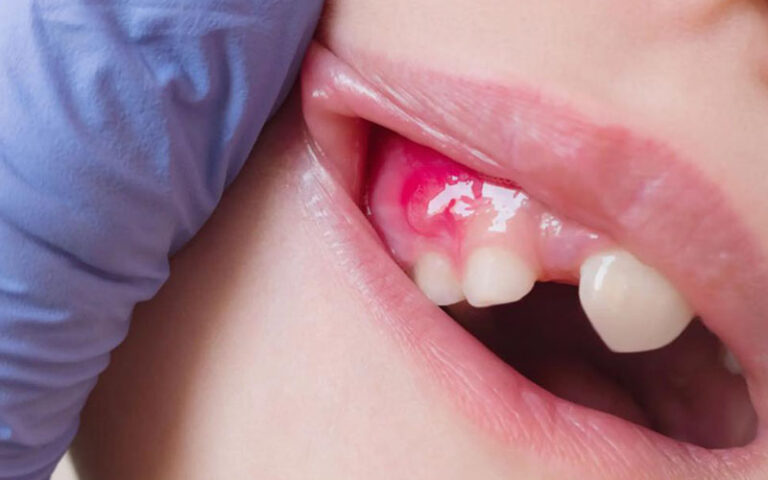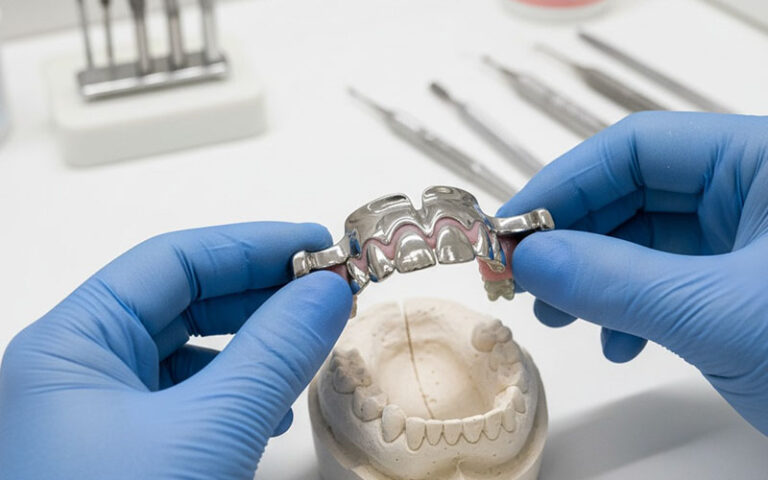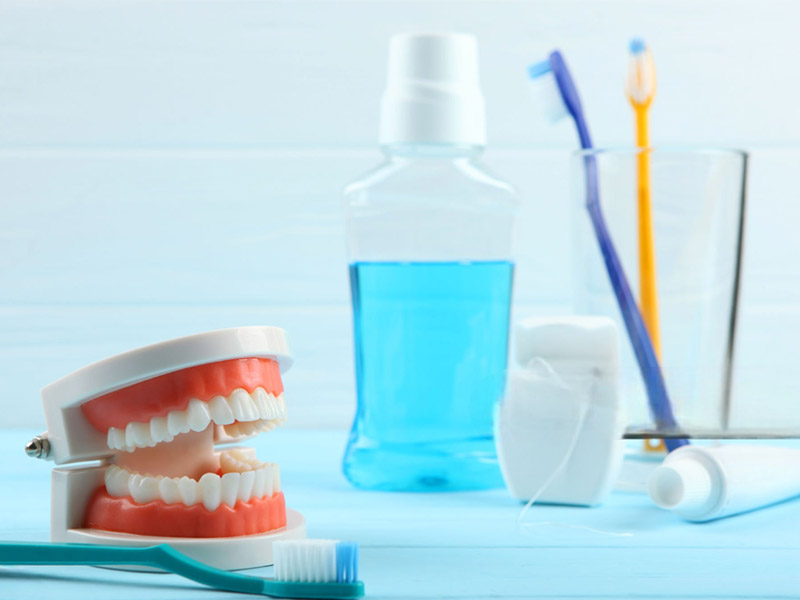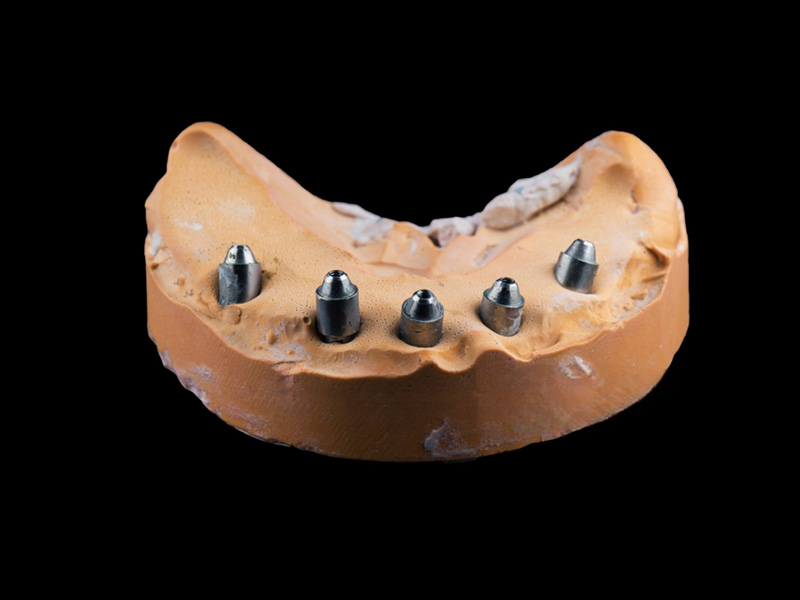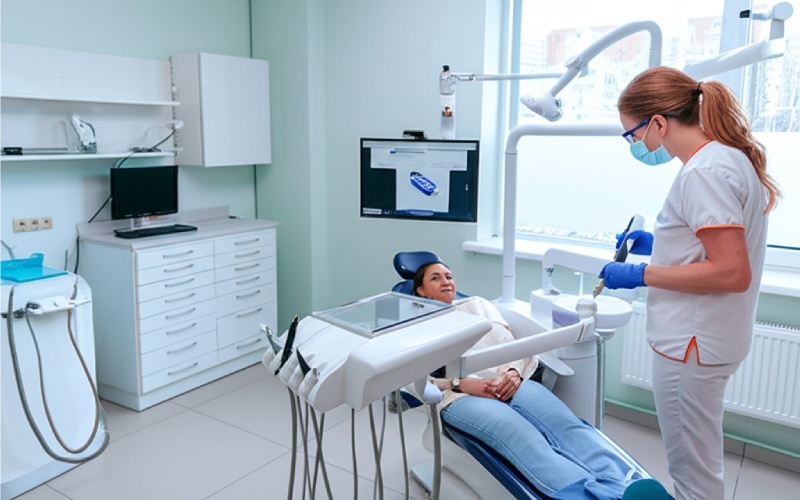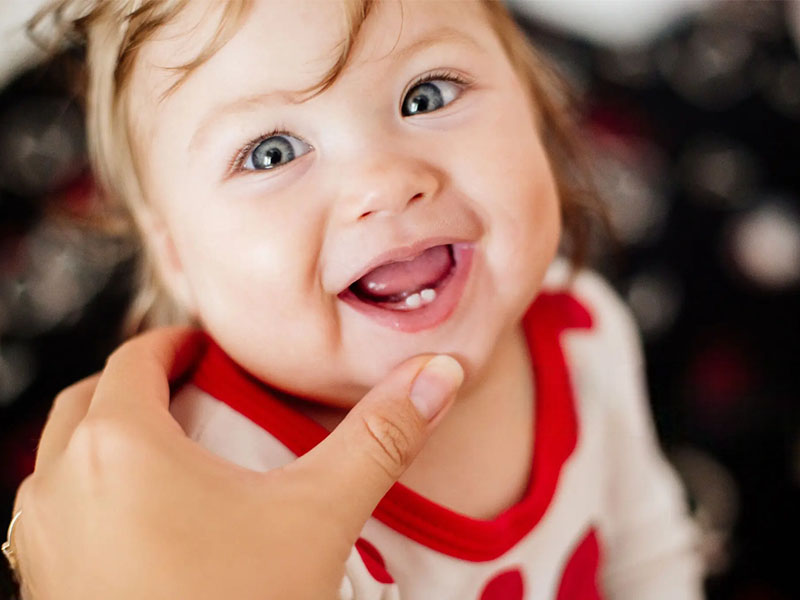
Baby Teeth: The Complete Medical Guide for Parents (Everything You Need to Know)
It’s one of the first big questions new parents have:
“When do my child’s baby teeth come in, and how do I take care of them?”
If you’ve ever found yourself looking into your child’s mouth and wondering what’s normal, or maybe you’re up late with a teething baby and searching for help, you’re not alone. Almost every parent wonders about baby teeth—what’s normal, what’s not, how to look after those little teeth, and when to talk to a dentist.
Let’s clear up the confusion with a simple, reliable guide for parents and caregivers. Here, you’ll find all you need to know about baby teeth—written in plain English and with lots of practical tips.
Table of Contents
Why Do Baby Teeth Matter So Much?
Let’s start with the question that may have crossed your mind:
“If baby teeth just fall out, does it really matter if they get a cavity or fall out early?”
The answer? Yes, it matters—a lot! Baby teeth (sometimes called primary or milk teeth) do much more than just hold space:
- Chewing and Nutrition: Kids need healthy teeth to chew like adults. Without them, eating gets hard, sometimes leading to poor nutrition.
- Speech Development: Try saying “sissy” or “daddy” without your front teeth—it’s tough! Baby teeth help kids learn how to say words right.
- Saving Space for Adult Teeth: Baby teeth act like space holders. If lost too soon, the adult teeth can grow in crooked or crowded.
- Face Development: Teeth help guide the jaws and even the shape of your child’s face.
- Overall Health: Untreated tooth infections can spread to the body—causing pain, trouble eating, poor growth, and even serious sickness in rare cases.
Bottom line: Taking care of baby teeth gives your child a good head start for a lifetime of healthy smiles.
The Arrival: Teething and New Teeth (What to Expect and When)
When Will My Child’s Teeth Come In?
Every child is different, but most babies get their first tooth around six months old, but anywhere between four months and one year is normal.
Here’s a rough timeline:
- 6–10 months: Bottom front teeth
- 8–12 months: Top front teeth
- 9–16 months: Side teeth (next to the middle ones)
- 13–23 months: First big back teeth
- 16–22 months: Pointed teeth (canines)
- 25–33 months: Second big back teeth
By age 3, most kids have all 20 baby teeth in their smiles.
“Is it normal if my child’s teeth are late?”
Yes! Timing is different for everyone. Some kids get teeth early, and others wait longer. If you’re worried your toddler is late, just mention it at your next checkup, but most of the time it’s no big deal.
What Are “Natal” and “Neonatal” Teeth?
On rare occasions, a baby is born with a tooth already there (“natal tooth”) or one comes in during the first month (“neonatal tooth”). This can be normal, but still see a kids’ dentist to make sure it’s safe, not loose, and isn’t getting in the way of feeding.
What Does Teething Feel Like?
For many parents, teething is a big first—you may even go through a few sleepless nights. The main signs are:
- Sore, puffy gums
- Wanting to chew on everything
- More drooling (sometimes causing a rash on the chin)
- Extra crankiness or fussiness
- Changes in sleeping or eating
Some parents notice a slight fever or loose poop when teething, but high fevers or bad diarrhea are NOT caused by teething—you should check with a doctor if you see these.
How To Help Sore Gums
Here are some tried and tested tips:
- Chilled (not frozen) teething rings or washcloths can help
- Gently rubbing your baby’s gums with a clean finger
- Cold foods if your baby eats solids (like cold applesauce)
- Give extra comfort (babies need hugs when hurting!)
You can use pain stuff like Tylenol or Advil—just be sure to use the right dose for your child’s age and weight, and talk to your doctor first.
Don’t use:
- Numbing gels or teething tablets (especially with benzocaine or belladonna); they can be dangerous
- Amber teething necklaces—they can cause choking or strangling

Day-to-Day Care: Starting Good Habits Early
You might wonder, “Do I really need to brush my baby’s teeth?” In one word—yes! The germs that cause cavities don’t care how old your child is.
From Birth: Wipe the Gums
Before teeth even show up, gently clean your baby’s gums with a soft, damp cloth after feedings. This clears away germs and sugars and gets your baby used to mouth cleaning.
Once Teeth Appear: Start Brushing
Here’s how to start off right:
- Use a soft, small toothbrush: Pick a tiny brush made for babies—soft bristles and a fat handle.
- Fluoride toothpaste:
- Under age 3: A smear, the size of a grain of rice.
- Age 3–6: A small pea-sized amount.
- Always brush for your child—they can’t do it right on their own.
Brush twice every day, morning and night. Put the bristles where the tooth meets the gum and use gentle circles. Most kids fight this at first—make it fun with songs, toys, or let them hold an extra brush.
When to Start Flossing
Once any two teeth touch, it’s time to floss between them. This helps clear food and germs you can’t see. Many kids don’t like flossing at first—go slow and keep calm!
Food and Nutrition for Strong Baby Teeth
Healthy mouths start with what your child eats:
- Keep sugary foods and drinks low: Juice, soda, even flavored milks feed the germs that cause cavities. Save these for special times.
- No bottles in bed: Letting your baby fall asleep with a bottle, especially with sweet drinks, can quickly cause “bottle rot.”
- Water is best: If your water has fluoride, it keeps teeth strong and stops decay. Plus, it keeps kids hydrated.
- Whole foods: Fruits, veggies, cheese, and lean meats are all good for teeth.
The Strong Power of Fluoride
You’ve probably heard different things about fluoride. Here’s the easy answer: fluoride is one of the best ways to make tooth enamel (the hard outside part) stronger and fight cavities.
Kids get fluoride from:
- Toothpaste (see above for how much)
- Tap water (most city water has it)
- Dentist treatments (sticky “fluoride varnish”)
When used right, fluoride is safe and super effective at stopping cavities—even for little kids.
Common Baby Tooth Problems and What To Do
Even if you do your best, you might spot a problem. Don’t panic—most can be fixed if you catch them early.
Early Childhood Caries (ECC)
This is what doctors call “baby bottle tooth decay.” It happens a lot—five times more often than asthma!
Here’s what to look for:
- White spots near the gums (early warning!)
- Brown spots or holes
- Bad breath, crankiness, pain when eating
What causes it:
- Lots of sugary drinks (juice, milk, formula), especially at night
How to prevent it:
- Never put your child to bed with anything but water
- Teach your child to use a cup by their first birthday
- Brush and floss every day
- See a dentist early!
How it’s treated:
- Small white spots can often get better with fluoride and better brushing
- Cavities might need fillings or small crowns
- Sometimes, if the decay is really bad, a tooth has to come out
If you notice anything weird—color changes, chips, or pain—call your kids’ dentist right away.
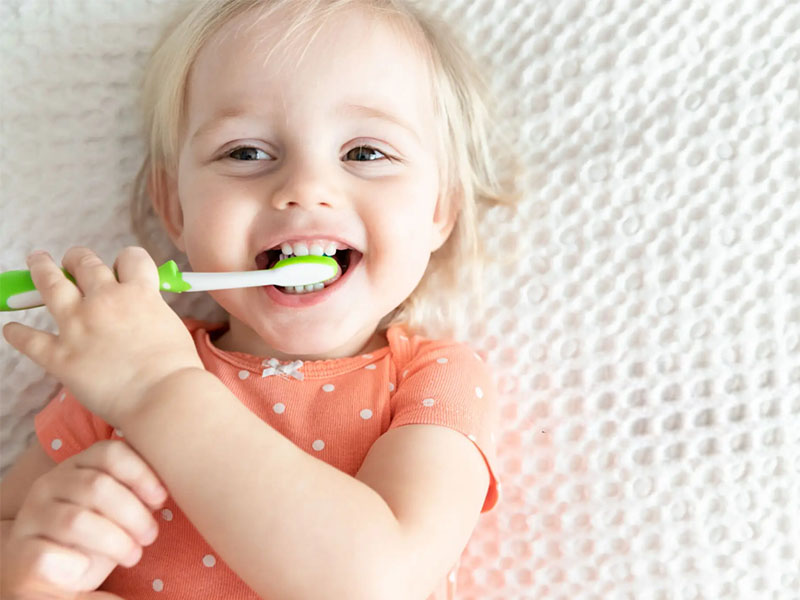
Bumps and Injuries: Chipped or Knocked-Out Baby Teeth
Little kids run into things…with their heads and their teeth. Bumps are common.
- Knocked-out baby tooth: Don’t try to put it back in. Unlike grown-up teeth, baby teeth usually stay out.
- Chipped or moved teeth: If your child bumps their mouth, call your dentist. Sometimes a tooth can still be saved.
- Bleeding or swelling: Press gently with a wet cloth and call the dentist soon.
Thumb Sucking and Pacifiers
These are normal, comforting habits for lots of babies and toddlers. Most kids stop on their own between ages 2 and 4.
Problems if kept too long:
- The front teeth may not meet (open bite)
- Changes in jaw or tooth position
What you can do:
- Don’t get mad—gentle reminders work better
- Praise and reward stopping
- Ask your dentist for help if your child keeps sucking past age 4
Grinding (Bruxism)
It’s strange to hear your child grinding teeth at night, but it’s common and usually nothing to worry about. Most kids quit on their own. Still, tell your dentist and watch for broken teeth or jaw pain.
Abscesses, Weird Colors, and Less Common Problems
- Abscess (swelling like a little pimple on gums): See a dentist NOW! This usually means a big tooth infection.
- Odd colors: Could happen from a bump, sickness, medicine, or a cavity. Tell your dentist if you see gray, brown, or white spots.
- Extra or missing teeth: It happens. Your dentist will keep an eye on these and decide if anything needs doing.
When and Why to See the Kids’ Dentist
“First tooth, first visit!” That’s the advice from both the American Academy of Pediatric Dentistry (AAPD) and the American Dental Association (ADA). Don’t wait for a problem.
Kids who see a dentist by age 1 don’t get as many cavities—and parents worry less.
What Happens at the First Visit?
- A simple check to spot any issues early
- Cleaning and maybe a fluoride treatment
- Talking about feeding, food, thumb sucking, and brushing
- Asking all your questions!
- Making a “dental home”—a regular office for all future care
Many children (and even adults) feel scared at the dentist. Pick a kids’ dentist who is fun and gentle.
Prevention Tools
- Dental Sealants: Thin stuff painted on the top of back teeth to block germs and food; can cut risk of cavities by 80%!
- Space Holders: If a baby tooth falls out early, a dentist might use a small device to keep the space for the adult tooth.
Losing Baby Teeth: The Move to Grown-Up Teeth
Around age 6, the big tooth change starts!
- Baby teeth start to get loose and fall out.
- Usually, the lower front teeth go first.
- From ages 6 to 12, kids slowly swap all 20 baby teeth for 32 adult ones.
What About “Shark Teeth”?
Sometimes, the new adult tooth grows up behind the baby tooth before it falls out, giving a double row. This looks weird but usually isn’t a problem. If the baby tooth doesn’t get loose after a few weeks, ask the dentist.
Taking Care of Grown-Up Teeth
Once adult teeth show up, stick with the same habits—plus a few extras:
- Keep brushing and flossing (parents should help till at least age 8).
- Ask your dentist about sealants for the new big teeth.
- See the dentist often to catch problems early.
Grown-up teeth are forever—good habits now mean healthy, happy adults.
Fast Facts & The Science Behind The Smiles
- Cavities are the #1 ongoing health problem in childhood—more than asthma.
- Fluoride water can drop cavity risk by 25%.
- Cavities in baby teeth can lead to cavities in adult teeth.
- Kids with untreated tooth problems may eat less, learn less, and feel less sure of themselves.
- Checkups and prevention cost much less than fixing problems.
“From the American Academy of Pediatric Dentistry, the CDC, and main dental books.”
Your Healthy Takeaway: What To Do As a Parent
Let’s sum it up. Remember these, and you’re on the right track:
The Big 8 Baby Tooth Rules
- Clean your baby’s mouth as soon as they’re born.
- Brush twice a day with a small bit of fluoride toothpaste when teeth show up.
- Start flossing as soon as teeth touch.
- Pick healthy foods, keep sweet snacks and drinks low, and never put a baby to bed with a bottle.
- Take your child for their first dentist trip by age 1 (or when you see the first tooth).
- Watch for thumb sucking or pacifiers and gently help your child stop by 4.
- Look out for injuries, things that look different, or swelling—when you’re not sure, see the dentist.
- Be a role model—show your child good brushing and flossing yourself!
Empowerment Corner: What Should I Do Next?
- If your child hasn’t been to the dentist by their first birthday, book a visit soon.
- Don’t worry about “late” teeth—focus on healthy habits and regular checkups.
- If you see brown, black, or white spots, or your child’s teeth hurt, don’t wait. Early action really helps.
- Ask your dentist about fluoride, sealants, and other ways to keep your child’s teeth healthy.
- Stay positive—a healthy mouth starts at home, and you can do this!
Common Questions About Baby Teeth
Q: My child absolutely hates to have their teeth brushed. Help!
A: You’re not alone! Try brushing together, sing silly songs, let your child pick a toothbrush, or use a mirror. Don’t give up—even a quick brush is better than nothing.
Q: Are cavities in baby teeth really dangerous?
A: They sure can be. They can hurt, get infected, and can even mess up the grown-up teeth coming in. That’s why catching problems early matters.
Q: Is it okay to use “natural” toothpaste for babies?
A: The important thing is that it has fluoride—and you use only a little bit. “Non-fluoride” pastes don’t work as well against cavities.
Final Note
Taking care of your child’s baby teeth is a great way to help them have a healthy life. Be patient, stay cheerful, and don’t be afraid to ask your dentist questions. Science makes it clear—a healthy smile starts young, and with your help, your child has every reason to smile big.
Checked by Dr. Jane Doe, Pediatric Dentist.
For more info, visit the American Academy of Pediatric Dentistry at www.aapd.org.
Ready for the next step? Book your child’s dental check-up, ask everything you want, and keep that smile shining bright!

